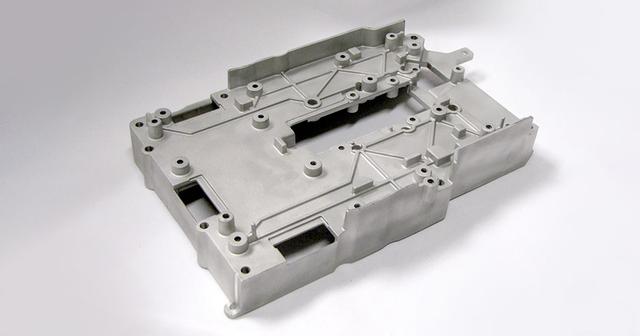
Die casting is a metal casting process that is widely used to create intricate and high-quality parts. Die casting manufacturers are known for their ability to produce superior products with precision and efficiency. In this article, we will explore the art of precision in die casting and how manufacturers achieve exceptional results. If you want precision, efficiency, and reliability in your die casting process, visit this website.
The Die Casting Process
Die casting is a manufacturing process that involves forcing molten metal into a mold cavity under high pressure. The metal quickly solidifies to create a precise and detailed component. Here is an overview of the die casting process:
1. Tooling Design
- Manufacturers start by designing the molds or dies that will be used in the casting process.
- The design must account for factors such as part geometry, material flow, and cooling rates.
2. Melting and Injection
- The metal, usually an alloy of aluminum, zinc, or magnesium, is melted in a furnace.
- The molten metal is then injected into the mold cavity under high pressure.
3. Cooling and Ejection
- Once the metal solidifies, the mold is cooled to allow the part to harden.
- The part is then ejected from the mold, and excess material is trimmed off.
Precision in Die Casting
Precision is a key aspect of die casting that sets it apart from other manufacturing processes. Die casting manufacturers achieve precision in the following ways:
1. Tight Tolerances
- Die casting allows for tight tolerances, meaning that parts can be produced with very precise dimensions.
- This is crucial for industries such as aerospace and automotive, where components must fit together perfectly.
2. High Reproducibility
- Die casting is a highly repeatable process, meaning that parts can be consistently produced to the same high standard.
- Manufacturers can achieve high levels of reproducibility by controlling factors such as temperature, pressure, and material properties.
3. Complex Geometries
- Die casting allows for the production of parts with complex geometries that would be difficult or impossible to achieve with other methods.
- This is because the metal is forced into the mold cavity under pressure, allowing for intricate details to be captured.
Quality Control in Die Casting
Ensuring quality is essential in die casting to create superior products. Manufacturers employ various quality control measures throughout the production process:
1. Process Monitoring
- Manufacturers use sensors and monitoring systems to track key process parameters such as temperature, pressure, and cycle times.
- This data is used to ensure that the process is running consistently and within specified limits.
2. Inspection and Testing
- Parts are inspected at various stages of production to check for defects such as porosity, shrinkage, or dimensional inaccuracies.
- Testing methods may include visual inspection, dimensional measurement, and non-destructive testing techniques.
3. Material Analysis
- Manufacturers conduct material analysis to ensure that the metal alloy being used meets specified requirements for strength, hardness, and other properties.
- Materials testing may involve chemical analysis, mechanical testing, and microstructural examination.
Advantages of Die Casting
Die casting offers several advantages that make it a preferred manufacturing process for many industries:
1. Cost-Effective Production
- Die casting is a highly efficient process that can produce complex parts at a high volume.
- Once the molds are created, the cost per part decreases, making it a cost-effective solution for mass production.
2. Design Flexibility
- Die casting allows for the production of parts with intricate designs and complex geometries.
- Manufacturers can achieve design flexibility and create custom parts to meet specific requirements.
3. Enhanced Surface Finish
- Die casting produces parts with a smooth surface finish that requires minimal post-processing.
- This results in a high-quality appearance and improves the overall aesthetics of the part.
Die casting manufacturers play a crucial role in producing high-quality and precision components for a wide range of industries. By leveraging advanced technology, strict quality control measures, and expertise in the die casting process, manufacturers can create superior products that meet the highest standards of quality and performance.
